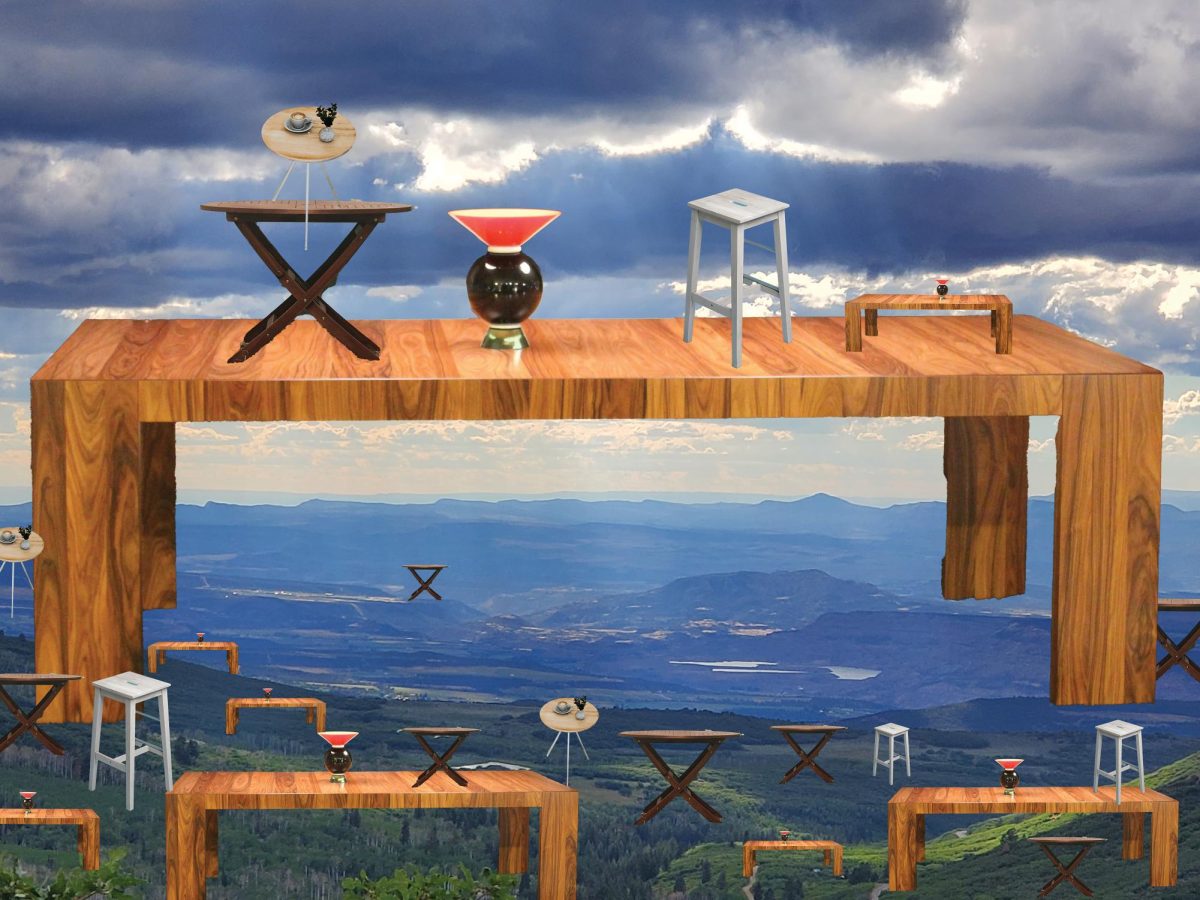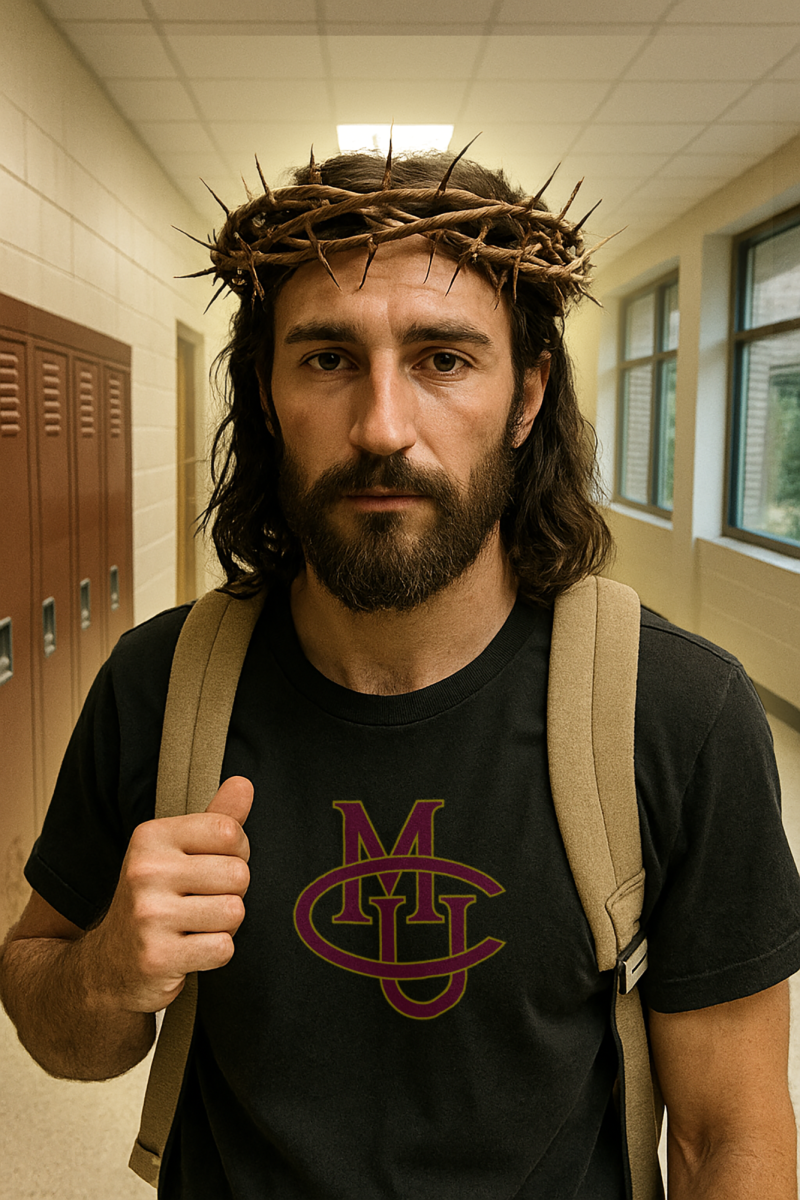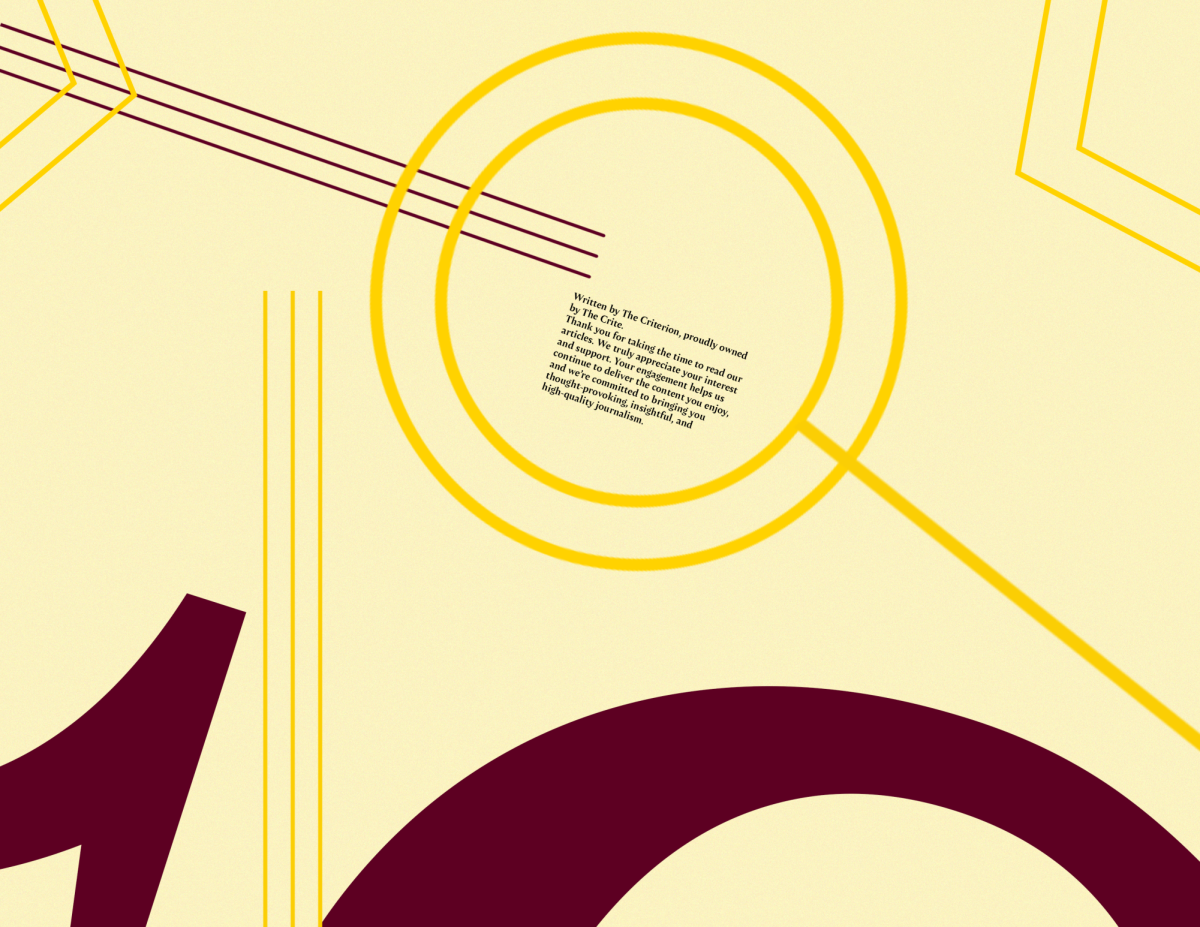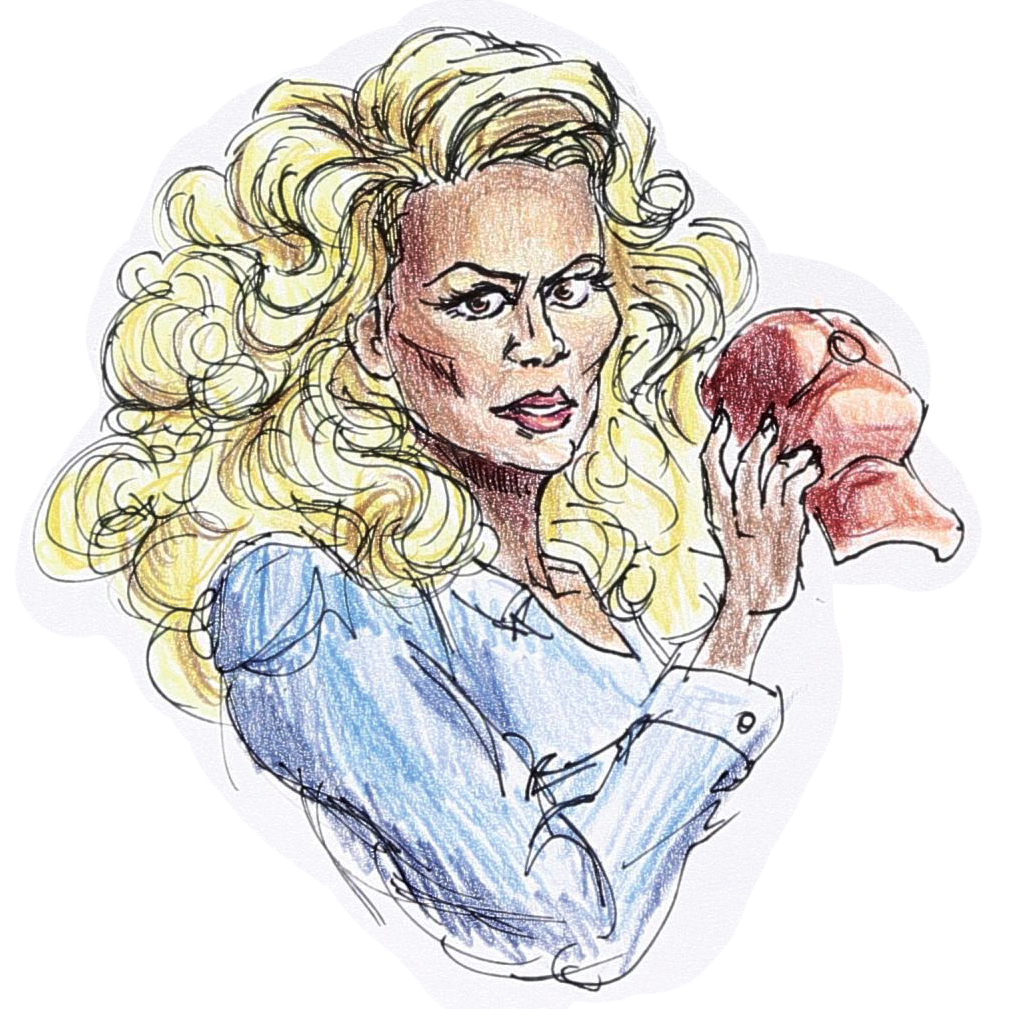Beyond Grand Junction, past Utah, and to the outskirts of Arizona, a group of Mavericks made their annual trip to the Navajo Nation to lend the Diné a helping hand however possible–primarily by chopping firewood from dawn to dusk.
The Diné is an often preferred name for the Navajo people, which translates to “the people,” or “the children of the holy people.”
“We’ve only been active for three years, and in general, we do humanitarian engineering projects,” Colorado Mesa University (CMU) chapter president of Engineers Without Borders (EWB) and junior in electrical and computer engineering Olivia Egbert said. “This trip started in 2020, and the original intention was to go down there and see if there was some kind of project we could do[…]And then it’s changed over the years to become a team-building experience.”
In this chapter’s few years at CMU, visiting with and assisting the Diné has become a treasured tradition. This yearly expedition has taught the student engineers that, sometimes, the best way to make an impact is with your own two hands.
[media-credit name=”Courtesy of Ali Kazemi” align=”alignnone” width=”300″] [/media-credit]
[/media-credit]
“In the first year, we had intended to do an assessment for an EWB project. But the way their process works is pretty stringent. It requires the community to be committed to the project and to actually submit the project,” treasurer and Club Advisory Board representative for EWB and senior in electrical and computer engineering Kyle Thompson said. “So, we found it was easier to actually accomplish things just as a student club, [rather] than as an EWB chapter.”
According to Thompson and Egbert, the approval of any engineering-related project within the Navajo Nation is contingent on the Navajo Government. Their permission is unlikely, unless the proposed project is supported by a “mess of paperwork,” and can arguably benefit an entire community, rather than exclusively a couple of families.
While this would send many people away in defeat, CMU’s team of student engineers instead asked a simple question: “How can we help?”
“The way that their culture works is [that] you’re born on the rez [(reservation)], you’re raised on the rez, and then you retire to the rez. But when you’re young enough to work and able-bodied, you go off the rez and you send money back, so that way you could retire [as well],” EWB secretary and junior in electrical and computer engineering Tucker Wiltse said. “So, a lot of the people there [have a much harder time] doing things like cutting wood[…]So, we go and we cut a lot of wood for them, and we just help them prepare for the winter in general.”
Chopping firewood may not be the first thing to come to mind when someone asks you for help, but for the Diné, working to survive is a daily task. Discovering this contrast between their ways of life taught the visiting Mavericks a profound lesson.
“I’ve gained so much wisdom and knowledge and matured a lot through this 48-hour trip. [We embraced] the whole culture: [from immersing ourselves] in the sleeping situation, to working sunrise to sunset, to the stories, to the views,” EWB member and junior in mechanical engineering technology Andrew McGuan said. “[It is a] really fast way to mature and learn a lot of information that definitely changes you.”
Though these Mavs first journeyed to help the Navajo Nation only two years ago, they have quickly become close with the Diné because of their commitment. Egbert–one of many students who has repeated the expedition–recalls how elated she was to see some of the previously acquainted residents without a face mask for the first time.
In their gratitude, the Diné shared the breadths of their culture with the visiting Mavericks. The club’s host on the reservation, Lupita, recounted oral stories that have been passed down through her family for generations. Additionally, the EWB chapter was given the rare privilege to explore the surrounding land, which the students made sure to appreciate.
“This area is sacred to them; this place right near where we were camping, called Black Rock, [is] a very sacred place to them; it’s cool being around that and getting to go to these special places where not many outsiders are allowed,” Vice President of EWB and senior in mechanical engineering Isaac Likins said.
EWB plans to return and chop wood again next year, as the Diné nation plans to accept them with open arms. Any student at CMU, regardless of their major, is welcome to join EWB and the annual excursion. Mavs can attend the EWB meetings every Wednesday at 5 p.m. in Confluence Hall 305.
“It just sounds like a trip to cut wood, but it’s a whole spiritual and cultural experience. It’s unmatched by anything else I’ve done at the university so far,” Wiltse said.









